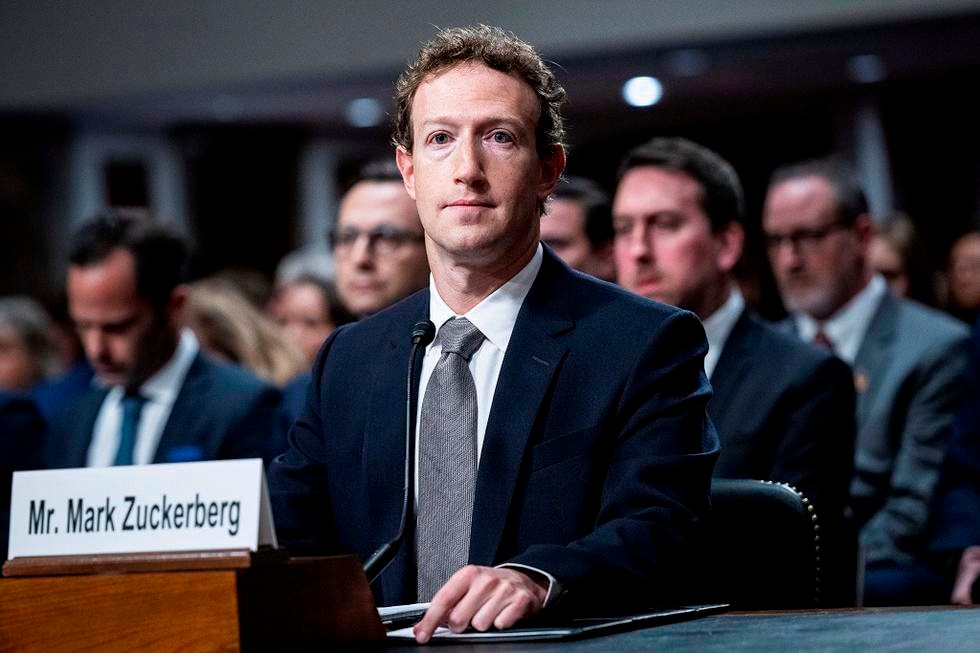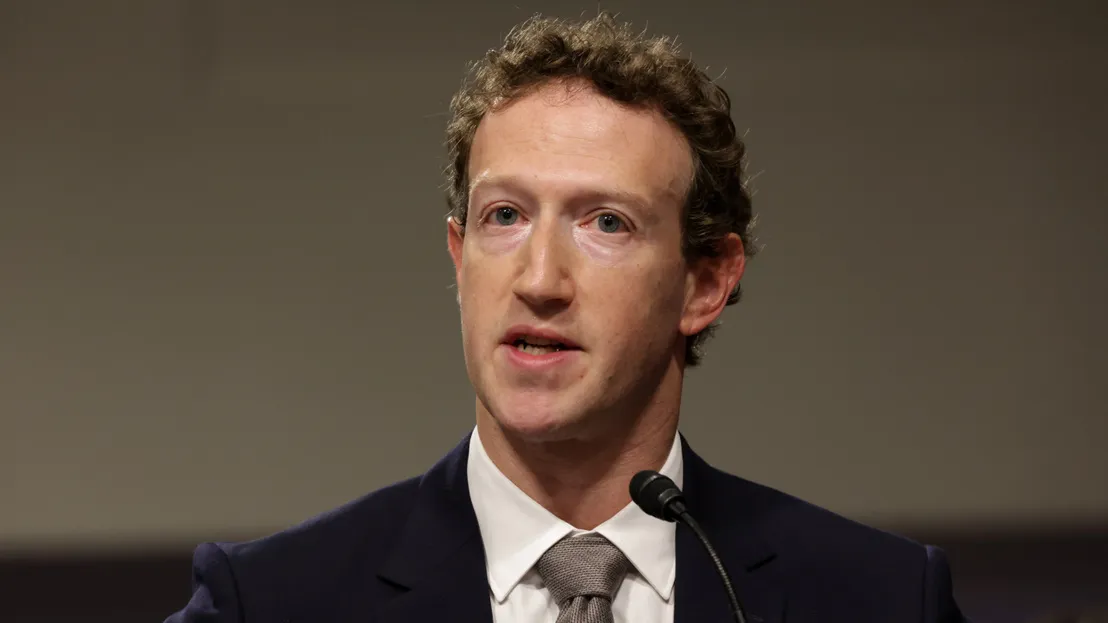

Elon Musk’s Wealth – A Gap Comparable to the GDP of Luxembourg
In the ever-evolving landscape of billionaires, Elon Musk has recently made headlines for amassing such immense wealth that the gap between him and Jeff Bezos, the second-richest person on Earth, is now equivalent to the GDP of Luxembourg. This staggering comparison not only highlights Musk’s financial prowess but also underscores the shifting dynamics of wealth among the world’s elite.

A New Era of Billionaires
As the founder and CEO of Tesla and SpaceX, Musk’s entrepreneurial ventures have propelled him into the stratosphere of wealth accumulation. His innovative approach to electric vehicles and space travel has not only transformed industries but has also attracted a legion of investors eager to capitalize on his vision. With a net worth soaring into the hundreds of billions, Musk’s financial trajectory has left many in awe, particularly when compared to other tech giants.
Jeff Bezos, the founder of Amazon, has held the title of the richest person for several years. However, the recent surge in Tesla’s stock price and Musk’s business ventures have caused a dramatic shift in the rankings. The fact that Musk’s wealth surpasses Bezos by a margin equivalent to the GDP of Luxembourg—a small but highly developed nation—serves as a striking illustration of the growing wealth disparity between the top billionaires.

Understanding the Wealth Disparity
The comparison of Musk’s wealth to the GDP of Luxembourg—approximately $75 billion—is not just a fun fact; it reflects a broader narrative about wealth distribution in the modern economy. The concentration of wealth among a small number of individuals has raised questions about economic inequality and its implications for society. As Musk’s fortune continues to grow, discussions about the responsibilities of billionaires and their impact on the global economy become increasingly relevant.
This wealth gap also highlights the volatility of asset values. Musk’s wealth is largely tied to the stock performance of Tesla, which can fluctuate dramatically based on market conditions, investor sentiment, and the company’s performance. In contrast, Bezos has diversified his interests, with significant investments in various sectors, including space travel through Blue Origin and media through The Washington Post.
The Impact of Musk’s Wealth
Musk’s financial success has enabled him to pursue ambitious projects that could reshape our future, from colonizing Mars to advancing sustainable energy solutions. His wealth allows him to invest in groundbreaking technologies and initiatives that could have a lasting impact on humanity.
However, this wealth disparity also brings scrutiny. Critics argue that such concentrations of wealth can lead to disproportionate influence over political and economic systems. The discussions surrounding wealth distribution often focus on the responsibilities that come with immense wealth, such as philanthropy and corporate governance.
Public Perception and Reaction
The public’s reaction to Musk’s wealth is a mixed bag. Many admire his achievements and vision, viewing him as a forward-thinking innovator. His ventures into electric vehicles and space exploration resonate with a generation eager for change and sustainability. On the other hand, there are concerns about the implications of such wealth concentration, raising questions about social responsibility and accountability among billionaires.
Social media platforms are abuzz with discussions about Musk and Bezos, often comparing their lifestyles, business strategies, and philanthropic efforts. The narrative surrounding them goes beyond mere numbers; it reflects societal values and aspirations, particularly in the context of technological advancement and environmental sustainability.

Elon Musk’s wealth, now surpassing Jeff Bezos by an amount equivalent to the GDP of Luxembourg, symbolizes a significant moment in the history of billionaires. It highlights the rapid accumulation of wealth in the tech industry and the complexities that come with it. As Musk continues to push boundaries in technology and innovation, the discussions surrounding wealth, responsibility, and economic inequality will undoubtedly persist. The tale of Musk and Bezos is not just about who is richer; it is about the values and implications of wealth in a rapidly changing world. As society grapples with these issues, the actions of these billionaires will continue to shape the narrative of modern economics and philanthropy.


















